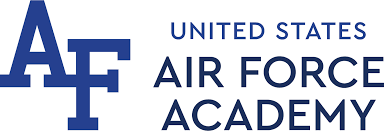About the Journal
The Journal of Character & Leadership Development (JCLD) is the leading publication dedicated to the research, measurement, understanding and application of character and leadership development. The aim of the JCLD is to stimulate and advance the scholarship of character and leadership development through submissions from all disciplinary perspectives and organizations that contribute to the knowledge of how character and leadership are effectively developed.



